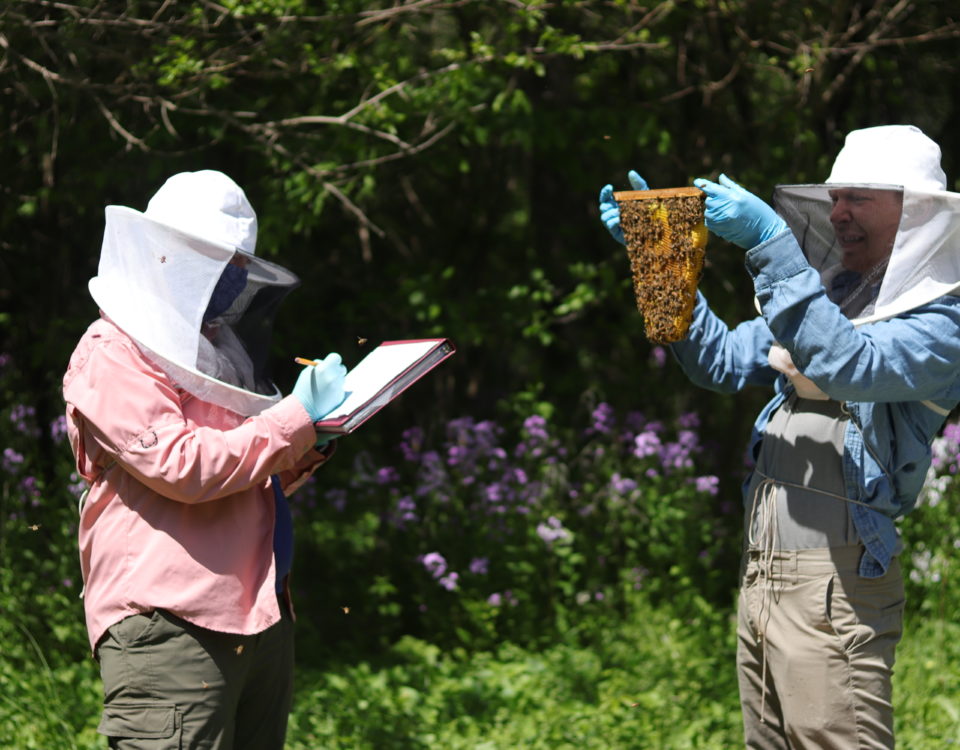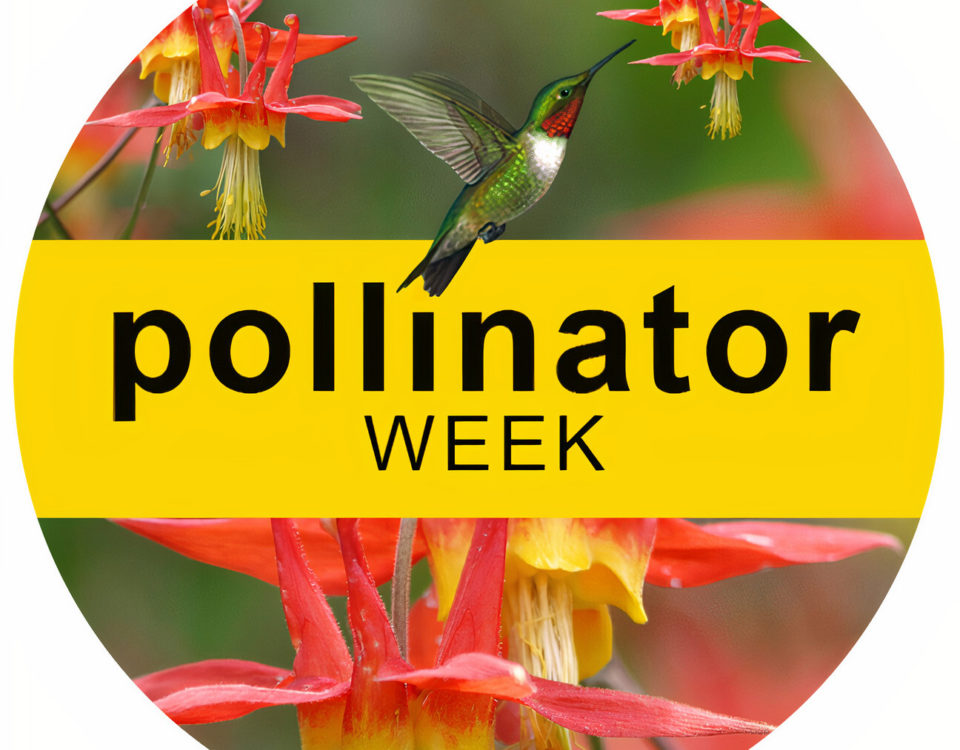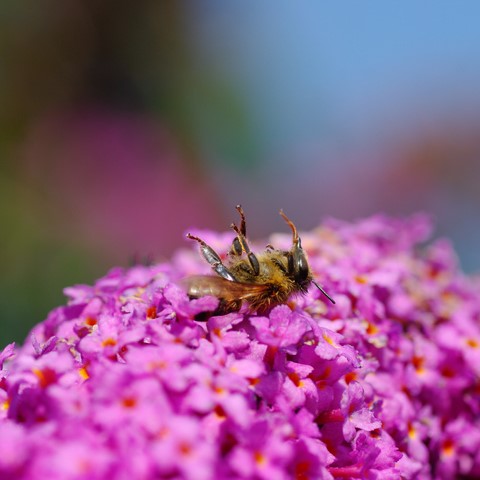- All-In-One Beekeeping for the Bees
- +1-608-728-8233
- info@beepods.com
Time to Order Bees: The Bee Quiz Cheat Sheet

Bee on Sunflower

Bee on Sunflower
Valentine’s Day is around the corner and you know what that means…it’s time to order bees for your school’s hive! Whether you are starting a new hive or re-stocking an existing hive, you want to get your bees ordered now so your hive is ready to go come spring. At Beepods we want to be sure you really LOVE your bees, so we devised a bee quiz to help you figure out what breed of bees are best for you. Here’s a cheat sheet to help you with the quiz questions and a link to the quiz itself.
Where is your school located? Some bee breeds, like the popular Carniolans, are more likely to swarm than others. Swarming is when a honey bee colony splits into two or more colonies. While they are looking for a new home they may hang out on tree branches, walls, signs, or other locations. If your school is out in the country, swarming is no big deal. Nobody even notices. But for urban schools, it can cause concern from neighboring residents. Buckfast and Caucasian bees are less likely to swarm.
What is the climate where your school is located? Easy question to answer. Honey bees are not native to North America so you want to buy bees that will survive best in your part of the country.
What is your beekeeping philosophy? We’re not talking ancient Greeks here. More like if and how to treat the bees in case of a mite infestation. If you are working with a local bee club, get their advice on this matter. Otherwise, treatment-free can be a good option since it saves you money and is good for the environment. Some argue that even if bees die you are left with the hardiest, most resilient bees. If you opt to treat, your school’s bee club may choose an organic treatment in keeping with an earth-friendly philosophy. Bees vary in terms of their ability to resist disease and pests. Buckfast bees are highly resistant to certain mites and are very hygienic.
Why does your school keep bees?
Pollination. Some schools get bees to help pollinate their gardens. Schools without gardens might also care about the positive environmental impact of having a beehive. According to Greenpeace, a single bee colony can pollinate 300 million flowers each day and bees are responsible for one-third of the food we eat.
Production. Other schools are interested in producing honey, wax, or propolis. They package and sell the honey and use the profits to purchase more hives and beekeeping equipment. Inspired by Burt’s Bees, some schools want to make lip balm, soap, and other goods from the wax. Italian bees are very good at producing honey while Russian bees are just moderate producers but produce more wax and propolis than others.
Education. Beekeeping is a fantastic educational experience even if you don’t plan to harvest the honey or wax. Students learn about math, physics, weather, the environment, and agriculture and develop valuable skills in tracking and interpreting data.
What time of year do you want to start beekeeping? Now is the time to order bees, but when do you want them to arrive? Of course, you’d like to start as early in the spring as possible so your students get lots of time at the hive before the summer break. You need to consider your climate, however, so you don’t get your bees too early and lose them to cold weather. In Wisconsin, for example, ordering bees in winter to arrive in early spring is a smart choice for educators. Some bees, like Carniolans, have an explosive spring buildup making them great for starting early in the year. Buckfast bees start later but, true to their name, also build up their colony quickly.
What type of beehive do you use? At Beepods we are partial to our top bar hives. The Beepods beekeeping system is less invasive than traditional hives and requires less prep work before doing a hive inspection. Since it is less invasive, that means the bees are happier which results in fewer stings and happier students (and teachers). This also connects to the next question about how docile you want your bees to be. Since you will have students working with the bees, you want a docile breed like Carniolans.
Which do you care about more — honey production or winter survival? If your school is in a cold climate, you should get bees that are most likely to survive the winter. Russian bees are known for over-wintering well. Your school budget is probably tight and you don’t want to lose time restocking your bees next spring. If you have a more mild climate, you may choose to have a mix of honey production and winter survival traits.
How do you keep track of your data and observations? All beekeepers should record their observations. This reduces the number of times you actually need to open the hive and disturb the bees. It also gives you a baseline to help you understand what is normal for your school’s hive. Lastly, sharing your data helps the greater beekeeping community in its efforts to support bee health. Beepods members use our Healthy Hive™ Management Software to collect and share data.
Now that you know a bit about bee breeds, it’s time to order bees for your school! Take the What Honey Bee Breed is Best for Me? quiz and order your bees today.
Resources:
https://www.abfnet.org/page/PollinatorFacts
https://www.courant.com/community/hartford/hc-high-school-beekeepers-20170608-story.html
https://www.greenpeace.org/usa/sustainable-agriculture/save-the-bees/
https://www.uaex.edu/farm-ranch/special-programs/beekeeping/Bee-races-compare.pdf
Bill Polacheck
Latest posts by Bill Polacheck (see all)
- Level Up with a Beekeeping Course - September 15, 2020
- Beepods Harvest Box: Helping Your Bees Survive the Winter - September 8, 2020
- Simple Ways You Can Communicate Like a Bee - September 1, 2020



